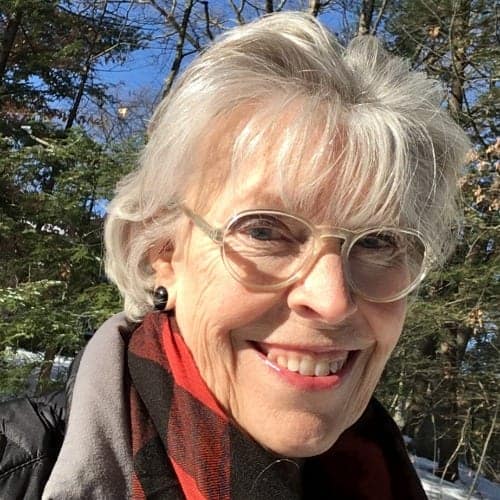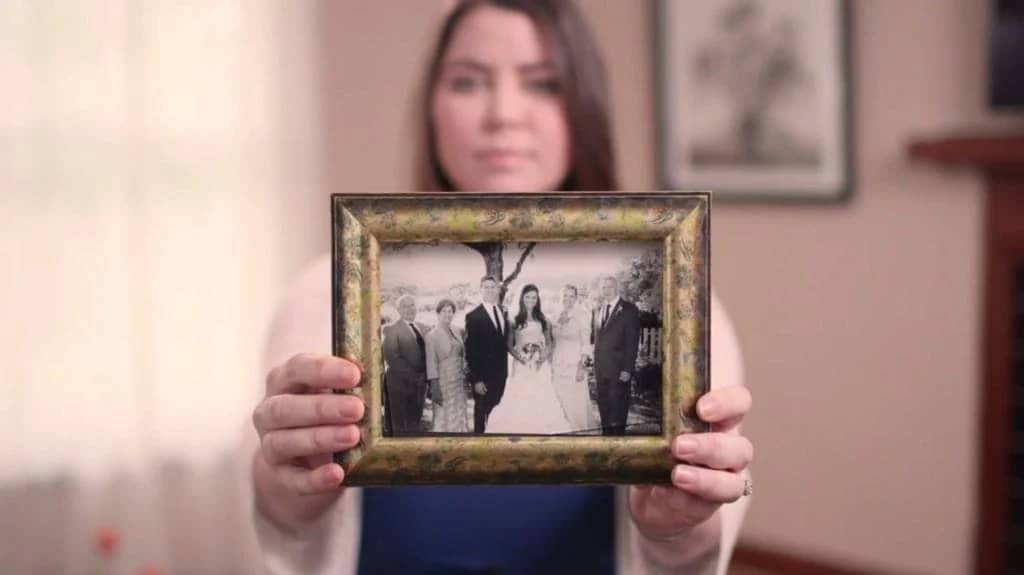
Molly Walsh shared her story in July of 2020.
In 2014, my 91-year-old father, Robert McConnell, a retired physician, attempted to end his life in the face of end-stage heart disease. He had had heart surgery 20 years prior, he was maximized on medications, and knew there was nothing more that could be done to improve his heart function. With his quality of life severely diminished, he saw no benefit to hanging on. My father did not see any redeeming value in unnecessary suffering.
Dad had four children who adored him. He was very kind, had a great sense of humor, and was incredibly frank – if you asked him a question, you were going to get a very honest answer. As a physician, my father was wonderfully caring and dedicated. One time he canceled a family vacation so that he could take care of an actively dying patient. Although his disease was not related to my father’s specialty, my father said, “He thinks of me as his doctor and I can’t leave now.”
My father still had his house call bag, from when he was a practicing physician, which contained a few medical instruments and medications. With no one else in the home, he tried to take his life. The next day, my brother went to our father’s home and found our father still alive, but in a frail condition.
Dad’s doctor enrolled him in hospice upon seeing him, but the hospice medical director was furious that my dad had been admitted to hospice immediately following his attempt to die by suicide. He had my father evaluated by a psychiatrist. Fortunately, the psychiatrist recognized that my father was mentally competent and not depressed; he just was done with the unrelenting suffering from heart failure.
He was returned to hospice and immediately ceased eating and drinking and refused medications that were not palliative in nature in an effort to control his dying process.
The idea of being dead didn’t bother my father, but the process of dying frightened him. Once in hospice, he deserved the option to state when enough was enough and not be made to linger in pain.
It took eight days for my father to die. He often drifted in and out of consciousness and the last day he became very agitated, he was grimacing and pounding his hand on the bed. He was obviously in a lot of pain and the nurse refused to give him more pain medication. Moments later we were lucky that the nurse practitioner came in, took one look at him and returned with more morphine. He suffered a heart attack and died a few hours later. It was a long and draining experience.
It would have just been so much better had he had the option of saying, “I’m done. Anyone who wants to say goodbye, I’m out of here Wednesday morning.” His prolonged death was difficult for him and difficult for us to watch him suffer. Because dad’s dying took eight days, not all of us were able to be present at the end. We wish we could have all been there to be with him in those last moments, to comfort him. It wasn’t an easy death. He deserved a peaceful ending.
Now, as a hospice volunteer I am regularly reminded of the need for compassionate end-of-life options that allow a dying individual some control. As a volunteer of a program called No Veteran Dies Alone, I sit with actively dying veterans and I am painfully aware that not every death can be made peaceful. People who faced death in their youth as soldiers are now facing a terrifying death in their final years. Hospice, no matter how hard they try, cannot give everyone a peaceful death. Dying individuals need options.
Medical aid in dying is different from suicide – with medical aid in dying, one’s life is ending by a disease. If you’re thinking about suicide, are worried about a friend or loved one, or would like emotional support, I encourage you to call or text the National Suicide Prevention Lifeline at 988. Talking with someone about your thoughts and feelings can save your life.

Nothing advances our common cause of improving end-of-life care like real stories. Inspire others and drive change by sharing your story today.
Mail contributions directly to:
Compassion & Choices Gift Processing Center
PO Box 485
Etna, NH 03750